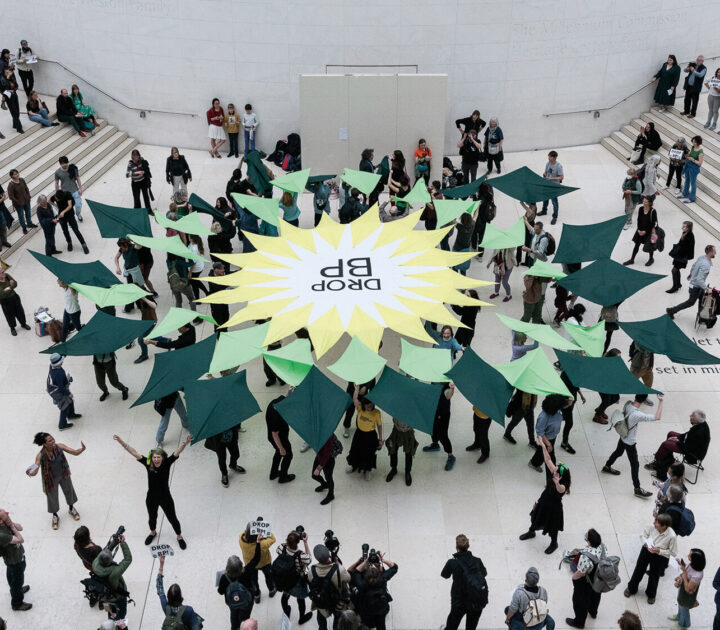Patagonia’s sustainability strategy: Don’t buy our products
In 2005, Patagonia launched the Common Threads Recycling Program. The goal was to reduce the number of products Patagonia customers purchased through a two-fold effort. The first part was to encourage customers to fix damaged clothing. Patagonia began publishing do-it-yourself repair guides to assist customers in repairing their clothing. To provide an alternative for customers who were unable or unwilling to repair their clothing themselves, Patagonia charged an affordable fee to have garments shipped to their repair facility. The second aspect of the Common Threads program was to create a second-hand market for Patagonia garments that did not fit or that were no longer worn. Patagonia collaborated with eBay to develop a storefront and also created an online marketplace on its main website. Patagonia also offered to cover the shipping costs for garments that were beyond repair, which Patagonia would then break down and repurpose. To promote its Common Threads initiative, Patagonia created “Worn Wear,” a program that highlights thousands of videos and pictures from customers around the globe who treasure their worn, patched-up Patagonia garments with pride. While most companies would encourage customers to repeat their purchases, Patagonia prides itself and its customers on waste-free purchases. Patagonia’s next step was to launch a campaign in 2011 to dissuade customers from purchasing clothing that they did not really need. On the busiest weekend for retailers in the US, a 2011 New York Times ad from Patagonia featured a picture of one of Patagonia’s highest grossing fleece jackets below the words: “DON’T BUY THIS JACKET.” Underneath was a detailed description that defended Patagonia’s rationale based on the negative environmental impacts caused by consumerism. Despite Patagonia’s efforts, sales increased by approximately 30% in the nine months following the ad. The case concludes with the business dilemma facing Chouinard: What should Patagonia do?
- Distinguish sustainability innovation from traditional innovation.
- Build a framework for the different levels of sustainability innovation.
- Emphasize that sustainability is an ever-evolving journey.
- Prioritize sustainability objectives over profitability.
- Explore whether a company can include a challenge to consumerism in its sustainability strategy and remain profitable.
Patagonia, Consumer Goods, Apparel and Fashion, Consumer Goods, Sports Equipment
2013-
Cranfield University
Wharley End Beds MK43 0JR, UK
Tel +44 (0)1234 750903
Email [email protected]
Harvard Business School Publishing
60 Harvard Way, Boston MA 02163, USA
Tel (800) 545-7685 Tel (617)-783-7600
Fax (617) 783-7666
Email [email protected]
NUCB Business School
1-3-1 Nishiki Naka
Nagoya Aichi, Japan 460-0003
Tel +81 52 20 38 111
Email [email protected]
IMD retains all proprietary interests in its case studies and notes. Without prior written permission, IMD cases and notes may not be reproduced, used, translated, included in books or other publications, distributed in any form or by any means, stored in a database or in other retrieval systems. For additional copyright information related to case studies, please contact Case Services.
Research Information & Knowledge Hub for additional information on IMD publications
The case study delves into strategic transformation and leadership transitions at Unilever since 2009. Unilever has been an industry leader of busi...
In recent years, sustainable leadership has emerged as a powerful force reshaping corporate strategies worldwide. At its core, sustainable leadersh...

Research Information & Knowledge Hub for additional information on IMD publications
Research Information & Knowledge Hub for additional information on IMD publications
Research Information & Knowledge Hub for additional information on IMD publications
in I by IMD 5 July 2024
Research Information & Knowledge Hub for additional information on IMD publications
Research Information & Knowledge Hub for additional information on IMD publications
Research Information & Knowledge Hub for additional information on IMD publications
in Hitotsubashi Business Review Summer 2024, vol. 72, no. 1
Research Information & Knowledge Hub for additional information on IMD publications
in I by IMD Magazine June 2024, no. 14, pp. 48-53
Research Information & Knowledge Hub for additional information on IMD publications
in I by IMD Magazine June 2024, no. 14, pp. 33-35
Research Information & Knowledge Hub for additional information on IMD publications
Research Information & Knowledge Hub for additional information on IMD publications







